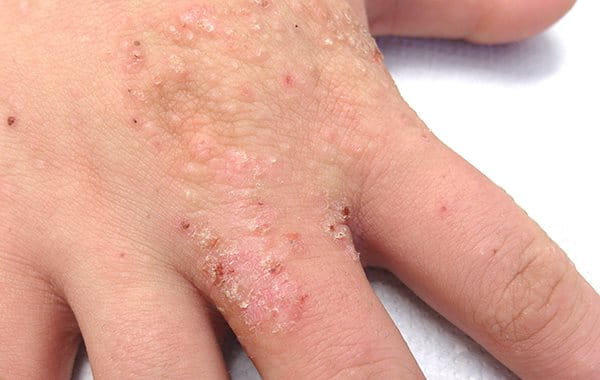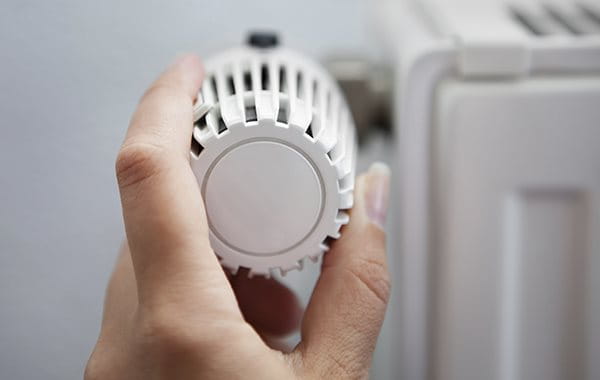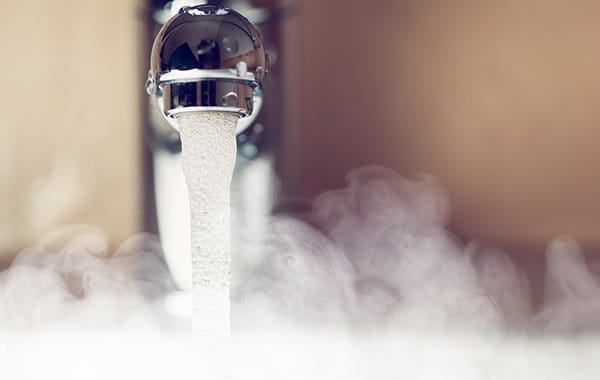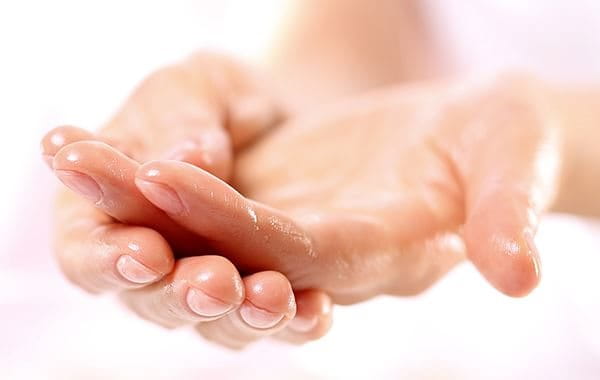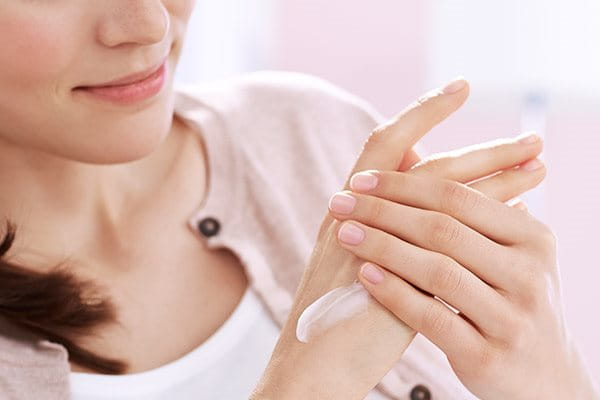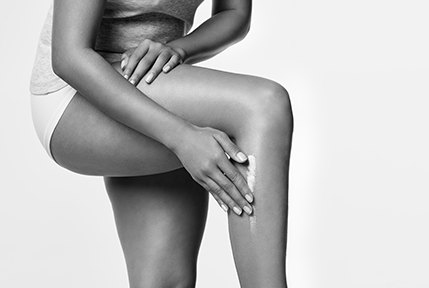Why is caring for our hands so important?
Our hands are always busy: there’s no other part of our body we use more. All this hard work puts the skin on our hands under pressure, plus it is rarely covered and so is directly exposed to harmful external irritants such as cold, heat, frequent hand washing, pollution and dirt. These can all weaken skin’s natural barrier and cause our hands to dry out.
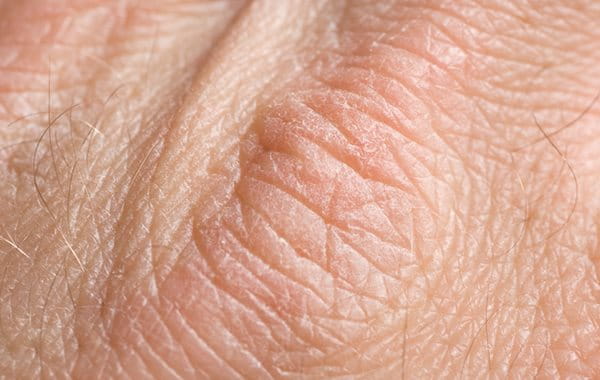
Our hands have a different skin structure to other parts of our body:
The skin on the palms and balls of the fingers and thumbs:
- is rich in fatty and connective tissue (such as elastin and collagen)
- has a high density of sweat glands but very few sebaceous glands
The skin on the backs of the hands:
- has hardly any fatty tissue
- is especially thin and sensitive
- has few sebaceous glands
Sebaceous glands are responsible for the production of sebum which provides skin with lipids (or fats) and moisture-binding components. Because hands have few sebaceous glands they are less able to bind in moisture than other parts of the body and dry out faster.



